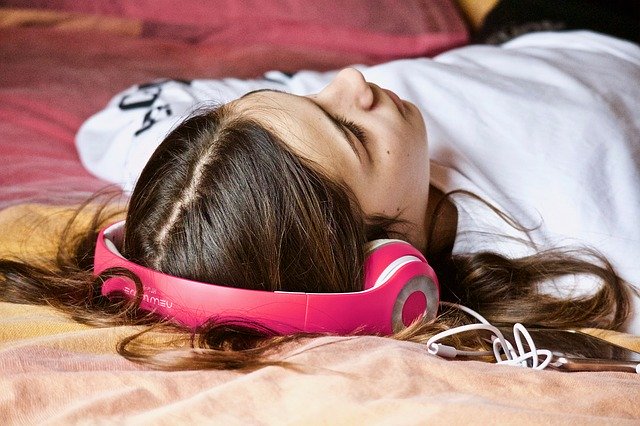Many people use white noises, easily available on the internet, as background noise to have a comfortable sleep. But now scientists are raising their doubts whether is it really that useful?
Contrary to the belief, that white noises are good non-medical assistance for better sleep at night, a recently published review is highlighting that their use could be a cause of concern.
In the study, published in the Sleep Medicine Reviews, a team of researchers, who conducted the study using data available from 38 previous studies on the same issue, have concluded that its results are not as promising as we thought.
In-depth analysis of the data led researchers to conclude that they are disruptive for natural sleep cycles even if they help users sleep quickly.
Many people use white noise applications on their phones or computers to sleep better. Anyone can choose what white noise they would like to hear from a range of options such as the humming of an air-conditioner or ceiling fan, radio or television static or sound of rainfall etc. They are supposed to keep the person from various disruptions that could wake them up, for example, slamming of the door, dog barks etc.
With millions of downloads by android and iPhone users alike, commenting on their usefulness Professor Mathias Basner, from the University of Pennsylvania School of Medicine, who was also part of the team conducting the research said:
“If these apps or devices could only do good things, I wouldn’t really care. But because there may be negative consequences, I would just be careful. I wouldn’t broadly recommend them, because there is no evidence that they are actually working.”
According to him, there could be potential side effects of their use over a period of time.
He said:
“Whenever we’re exposed to sounds and noise, the inner ear is translating that into nerve signals that are then interpreted by the brain. It is an active process, which generates metabolites, some of which have been shown to be harmful to the inner ear. You probably want to have a period where the auditory system can wind down, regenerate and prepare for the next wake period.”
Professor Christian Cajochen, an expert in Chronobiology from University of Basel, Switzerland, who was not a part of the study, says that:
“Any acoustic stimulus being continuous or not has the potential to interrupt the sleep process.”
The review also stressed for further studies to be conducted in the area so that their usefulness could be certainly confirmed.
